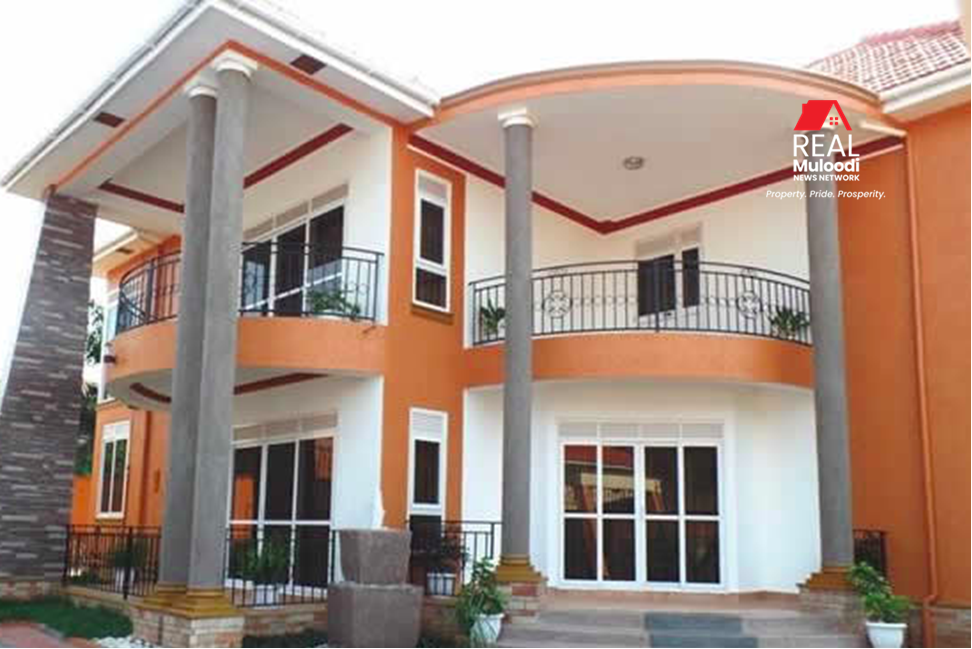UGANDA, Kampala | Real Muloodi News | In recent years, Uganda has witnessed significant amendments to the Income Tax Act, particularly concerning rental income tax. CPA Prosper Ahabwe, the Associate Director at Tax – Ernst & Young Uganda, sheds light on how these changes have affected real estate investment in the country.
The purpose of owning property in Uganda’s real estate sector varies, with some aspiring to acquire residential homes, while others aim to generate rental income.
According to Today’s Accountant Issue PDF report that came out in December last year, from Pages 24-25, CPA Prosper Ahabwe emphasies that when a property is used to generate income through rent, it becomes subject to rental income tax. Rent, in this context, encompasses any payment for the use or occupation of land and buildings.
The recent amendments to the Income Tax Act have been directed at limiting expense deductions and altering tax rates on rental income.
Ahabwe outlines the implications of these changes on two types of landlords: companies and individuals.
As of July 1, 2022, rental tax was further simplified. Individuals lost most deductions, with a reduced tax rate of 12%, and companies were allowed deductions of up to 50% of rent with a tax rate of 30%.
Ahabwe provides a scenario to illustrate the impact of these changes on a company or individual with a UGX 1 billion commercial building, earning UGX 200 million in rent and incurring various costs.
The shifting legislation introduced uncertainty for real estate investors, resulting in increased rental tax costs by 33% for companies and 76% for individuals between the periods before July 1, 2021, and those after July 1, 2022.
Companies now face higher rental income tax due to the 30% tax rate and a 50% cap on deductible expenses.
Additionally, when companies distribute profits or dividends, a 15% withholding tax is applied, potentially discouraging real estate investment through a company.
Ahabwe suggests the need for equitable treatment of individuals and companies in the real estate sector, urging a review of the current rental income tax regime. This could involve increasing the cap on allowable deductions or reducing the tax rate to create parity between individuals and companies.
Investors seek stability in tax regimes to assess the attractiveness of a sector, making it crucial for tax policy formulators to minimise frequent changes in the rental income tax regime.
Ahabwe recommends seeking tax advice when making capital investments in real estate or ensuring compliance with rental income tax legislation.
The goal is to foster a stable environment that encourages sustained real estate investment in Uganda.
READ MORE LIKE THIS:
URA Explains Rental Income Tax: Regulations, Compliance, and Collections



